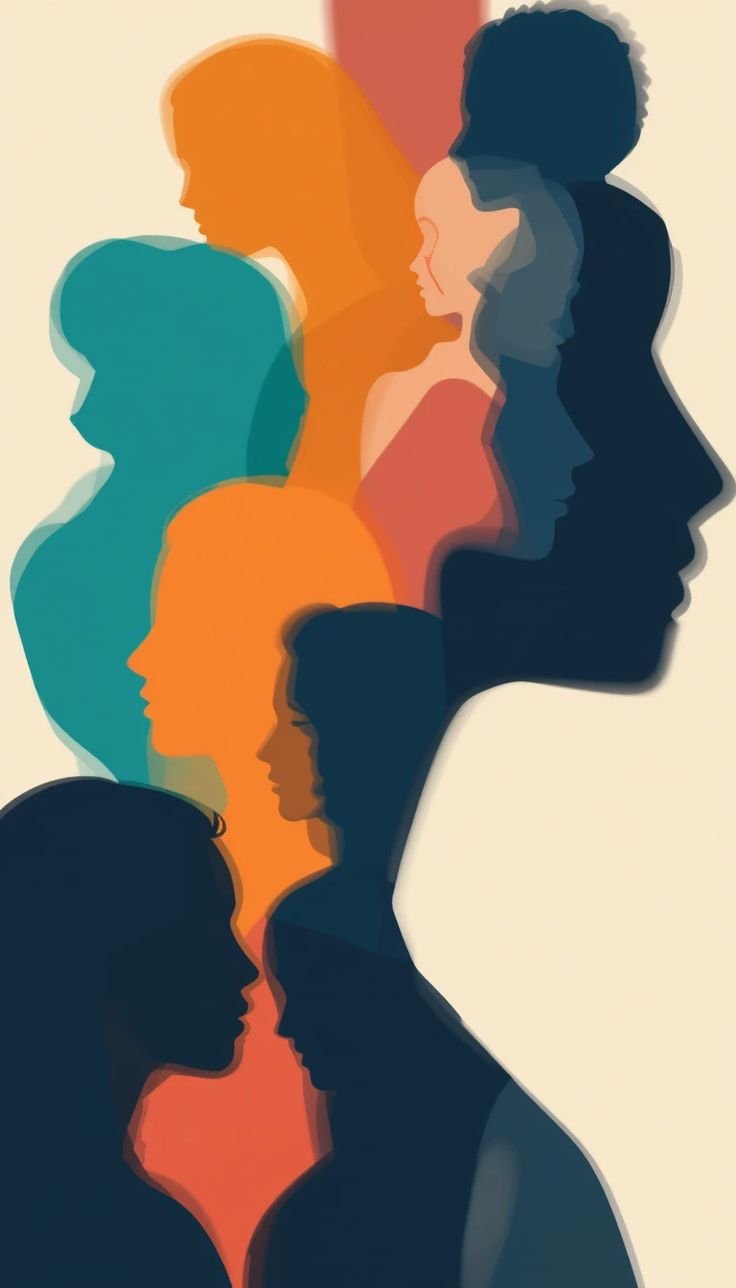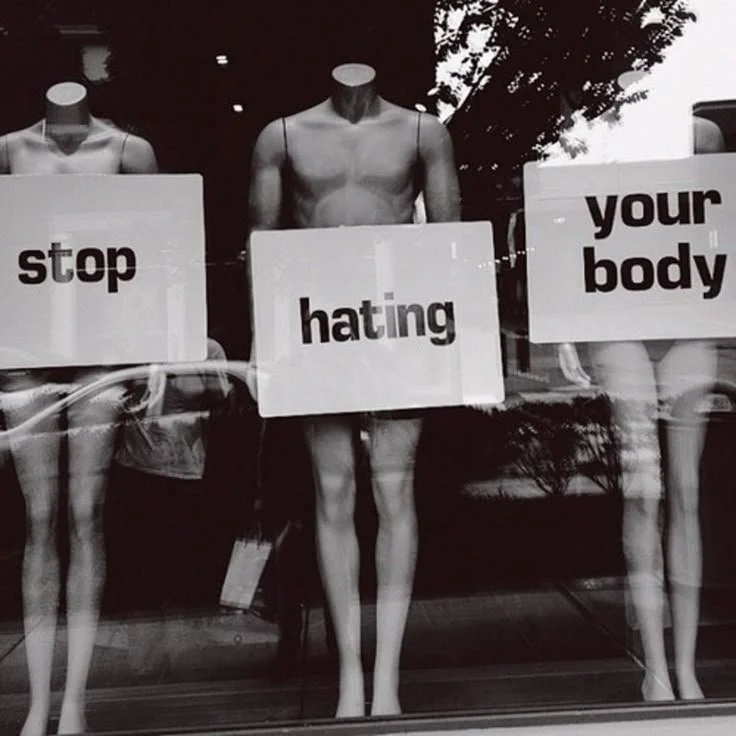The Psychology of Guilt: Why It’s So Powerful and How to Let It Go
Guilt is powerful because it speaks to our deepest values - love, responsibility, integrity, care. It reminds us of the kind of people we want to be.
But guilt is not meant to be a lifelong companion. Its purpose is to guide, not to chain. Once it has shown us what matters, we’re allowed to let it go.
The real work lies in learning the balance: to take responsibility without drowning in self-blame, to honor our values without punishing ourselves for being human.
Because at the end of the day, guilt doesn’t define you. What defines you is how you choose to respond — with repair, with growth, and with compassion.
The Psychology of Body Image: How to Build Self-Acceptance
Body image isn’t really about the body.
It’s about how we feel about the body.
How we were taught to see ourselves. How we've come to believe we must look to be accepted, loved, or even just… enough.
And in a world that often sells beauty as a currency of worth, the way we view our own bodies can quietly shape our confidence, our relationships, our eating habits, and even our willingness to take up space.
But body image is not fixed.
Like any belief, it can evolve.
With compassion, awareness, and psychological insight, we can learn to stop fighting our bodies—and start coming home to them.



